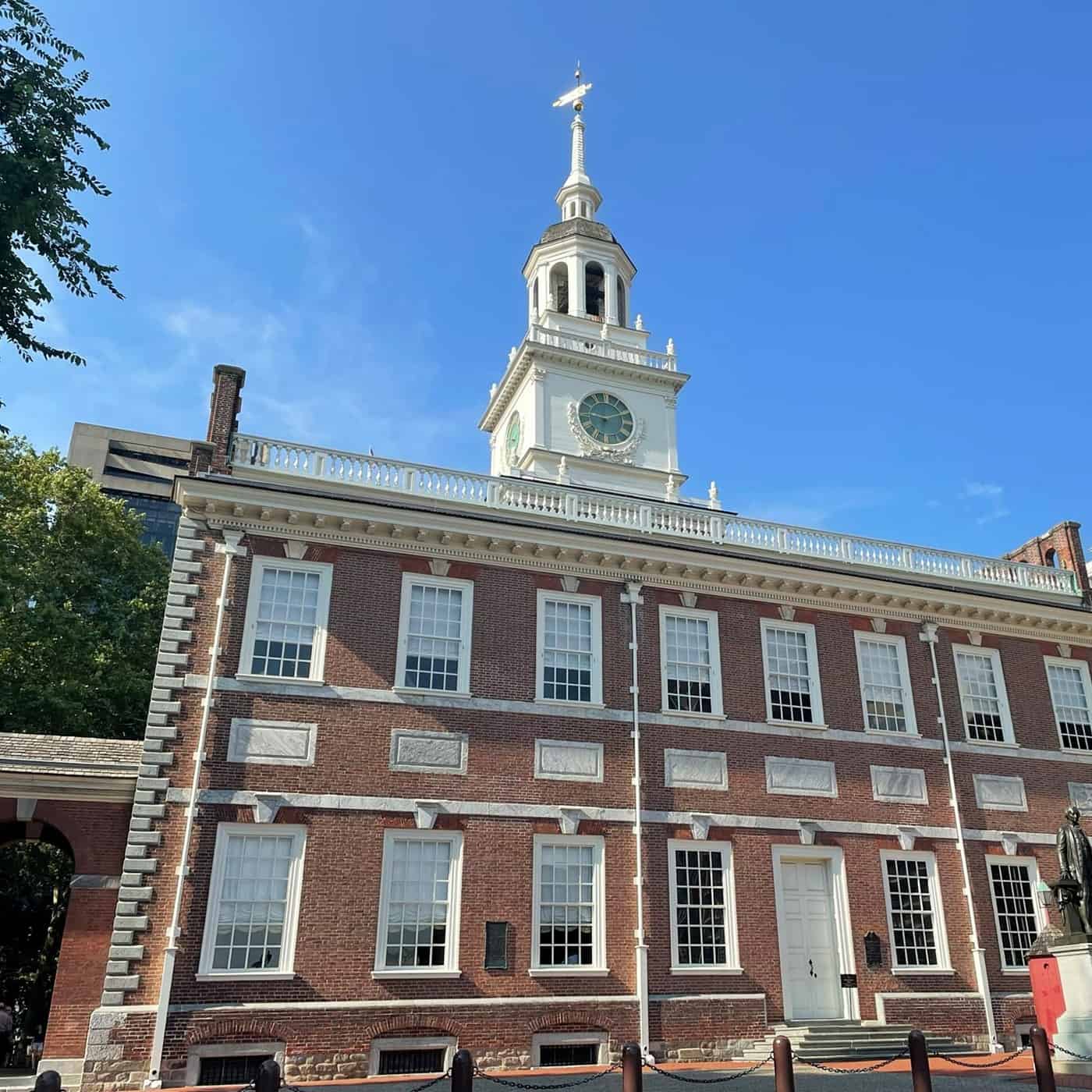


Idaho Freedom Foundation senior policy fellow Ron Nate wrote a great article last year on why a convention of states is a horrible idea. I want to add to his thesis a bit because former U.S. Sen. Rick Santorum and Convention of States chief Mark Meckler are in Boise this week to convince Idahoans (including, presumably, lawmakers) to back the idea.
I don’t fault Santorum for supporting the concept. A lot of well-meaning conservatives have fallen for this scheme as a means of amending the U.S. Constitution. I once looked favorably at the idea, too. I liked the idea of a balanced budget amendment or a term limits amendment that constrains the amount of time folks can serve in the U.S. Congress.
A 2017 meeting in Austin, Texas, changed my mind. I was particularly distressed that, while there’s been a lot of attention on the previously mentioned changes to the Constitution, Article V convention proponent Rita Dunaway suggested the convention could conceivably take up reforms to the Commerce Clause and the General Welfare Clause.
Dunaway’s stated reasons for those amendments are genuine — restraining the federal government from being involved in a farmer’s property, for example, and getting a handle on federal programs. But amending either clause opens a Pandora’s Box of really bad proposals. And that seems inevitable. Remember that the state legislators who voted for the convention will likely be among those called as delegates to the convention. These are the same legislators who already have trouble abiding by the Constitution by accepting federal health care and education handouts and edicts.
It’s not unfathomable that these same legislators would be pressed to amend the Constitution to protect federal health care programs and Washington, D.C.-originated education edicts because why wouldn’t they? This bothered me so much that you can hear me asking about it at the meeting. And Dunaway’s answer wasn’t exactly reassuring. She told me she doesn’t think “the proposals will be bad or alarming.” And she said she’s comforted that there are really awesome state legislators around the country who would show they’re dedicated statesmen, dutiful to principles above all else.
I only wish that were true. Every state in America has accepted its place as supplicants of the federal bureaucracy. And the Convention of States has only reinforced my confidence that that is unlikely to change. In the May 2022 GOP primary, the organization bankrolled one of the most leftist Republicans in the Legislature, Rep. Scott Syme, in his race against Rep. Judy Boyle, the more conservative candidate and convention foe. Boyle ultimately prevailed.
If Syme is the Convention of States delegate archetype — a person willing to accept federal money and bend to the will of the central government in Washington, D.C. — you can only imagine the hot mess to follow. We’d be very lucky if such a scenario were confined to our imaginations.
The solution to a runaway federal government has always been in the states. To paraphrase Glenda the Good Witch, the states have had the power to resist federal tyranny all along. We can come home to the idea that the federal government’s powers are finite. States just have to act accordingly — no convention necessary. If a Republican-controlled state like Idaho can’t or won’t, the last thing anyone should want to do is give those same people the authority to tinker with the U.S. Constitution.



